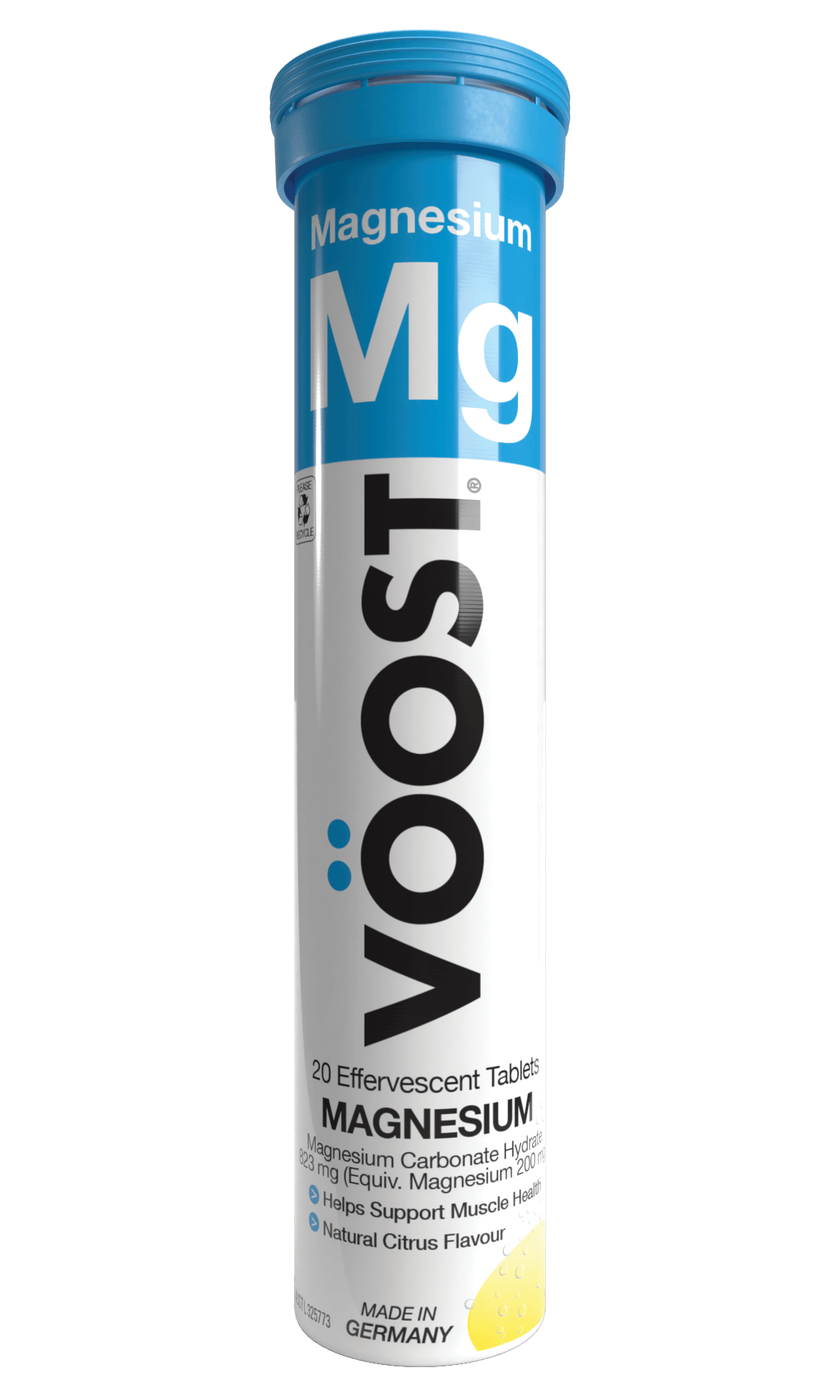Plant-based living is more popular than ever before. As a result, Vegan products are becoming more accessible and the demand for them in shops and restaurants is soaring.¹
Provided you eat a well-planned, varied and balanced diet, being vegan can support healthy living at every age and life-stage, ²as is the case for anyone on a non-vegan diet.
The World Health Organisation recommends a keyway to maintain a healthy diet is to make sure you are eating at least five portions of fruits and vegetables every day.
For anyone on a vegan diet, if you don’t plan your diet properly, you could miss out on essential nutrients. Top tips to ensure you get the required nutrients include consuming dairy alternatives such as soya drinks and yoghurts, beans, pulses and other proteins and ensure you drink plenty of fluids. ³
Here’s three essential vitamins you should consider as part of a healthy vegan diet: ⁴
Calcium
Calcium is needed for strong and healthy bones and teeth, however on a vegan diet you will not be eating dairy; a common source of calcium. Good sources of calcium for vegans include calcium-set tofu; sesame seeds and tahini; pulses and brown and white bread. ⁴
Your recommended daily amount is 1,000 - 1,300mg of calcium, which is possible when you plan and prepare well, when on a vegan diet. Calcium is also important because it contributes towards normal muscle function, normal neuro transmission and normal function of digestive enzymes.
Iron
Iron is involved in the formation of red blood cells and hemoglobin which transport oxygen around the body via the blood. A vegan diet can be high in iron, although iron from plant-based food is absorbed by the body less effectively than iron from meat sources. ⁴
Iron is also a component of myoglobin, a protein that provides oxygen to muscles. Iron also supports normal energy-yielding metabolism and contributes to normal cognitive and immune function.
In order to get your recommended intake of iron, good “vegan-friendly” sources include soy and tofu, breakfast cereals fortified with iron, dried fruits and dark leafy greens. ⁴
Vitamin B12
Vitamin B12 is involved in producing red blood cells, has a role in the process of cell division and helps to release energy from food.
B vitamins are necessary for the formation of serotonin, dopamine and epinephrine, three critical chemicals for normal function of the nervous system.
It is only found naturally in foods from animal sources, including meat, salmon, cod, milk, cheese and eggs. Sources for vegans are therefore limited and a vitamin B12 supplement may be needed. ⁴
These three vitamins are part of a range of vitamins and minerals you should consider as part of a healthy diet. VÖOST supplements can help support nutritional gaps if you find it difficult to get your recommended intake from your diet*.
*when dietary intake is inadequate.
This article is for informational purposes only and is not a substitute for professional medical advice, diagnosis or treatment. Please reach out to a qualified medical professional before engaging in any physical activity, or making any changes to your diet, medication or lifestyle.





